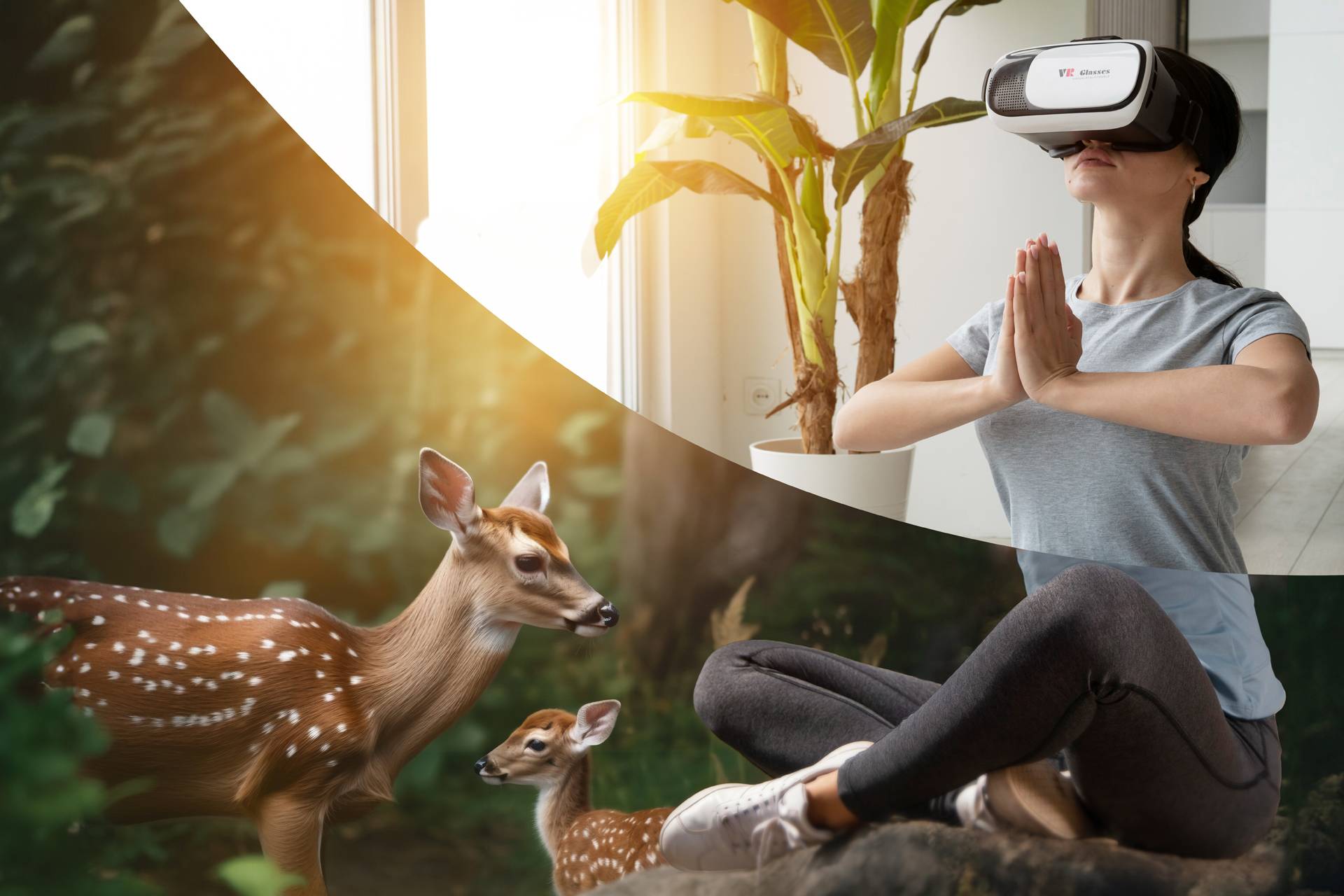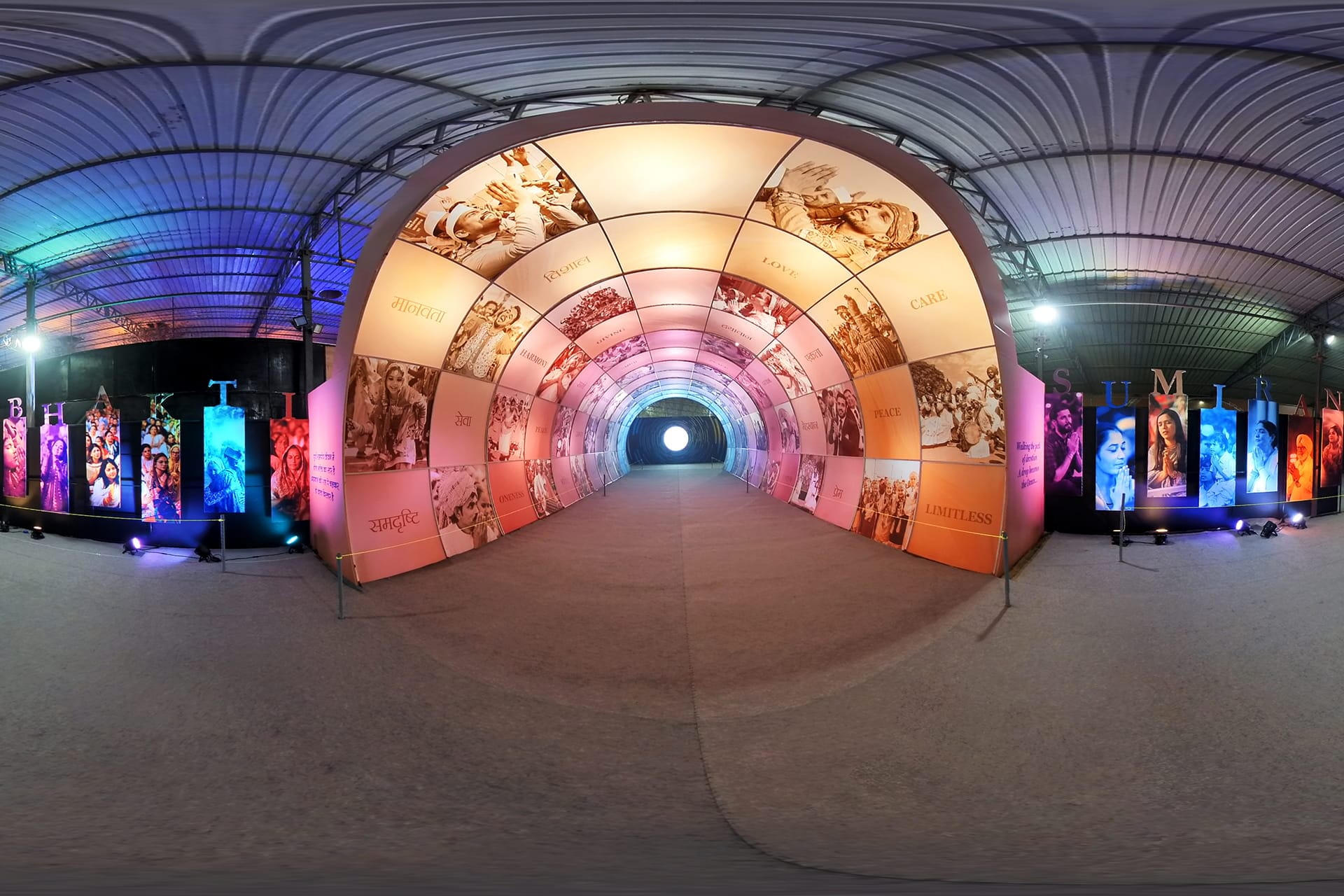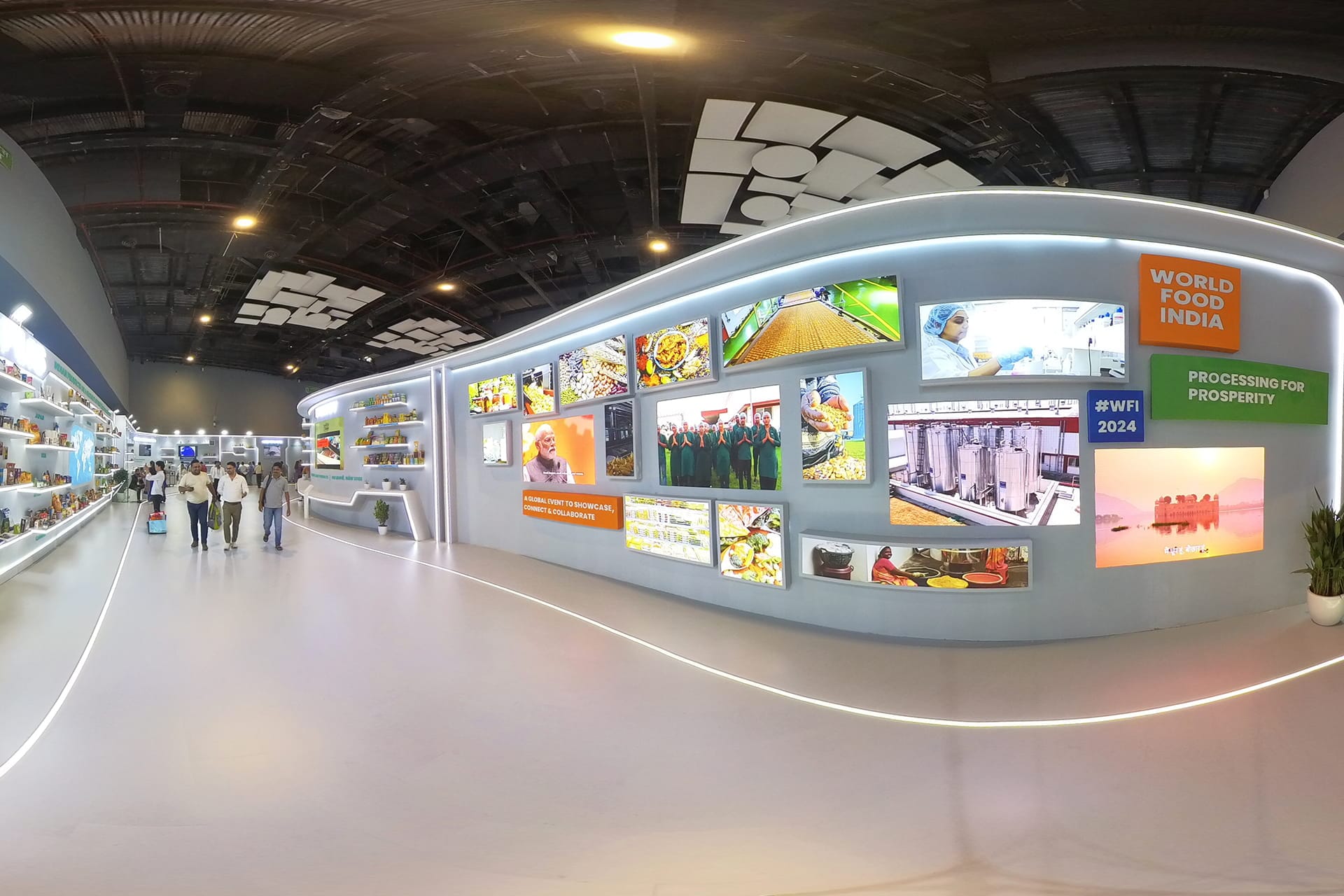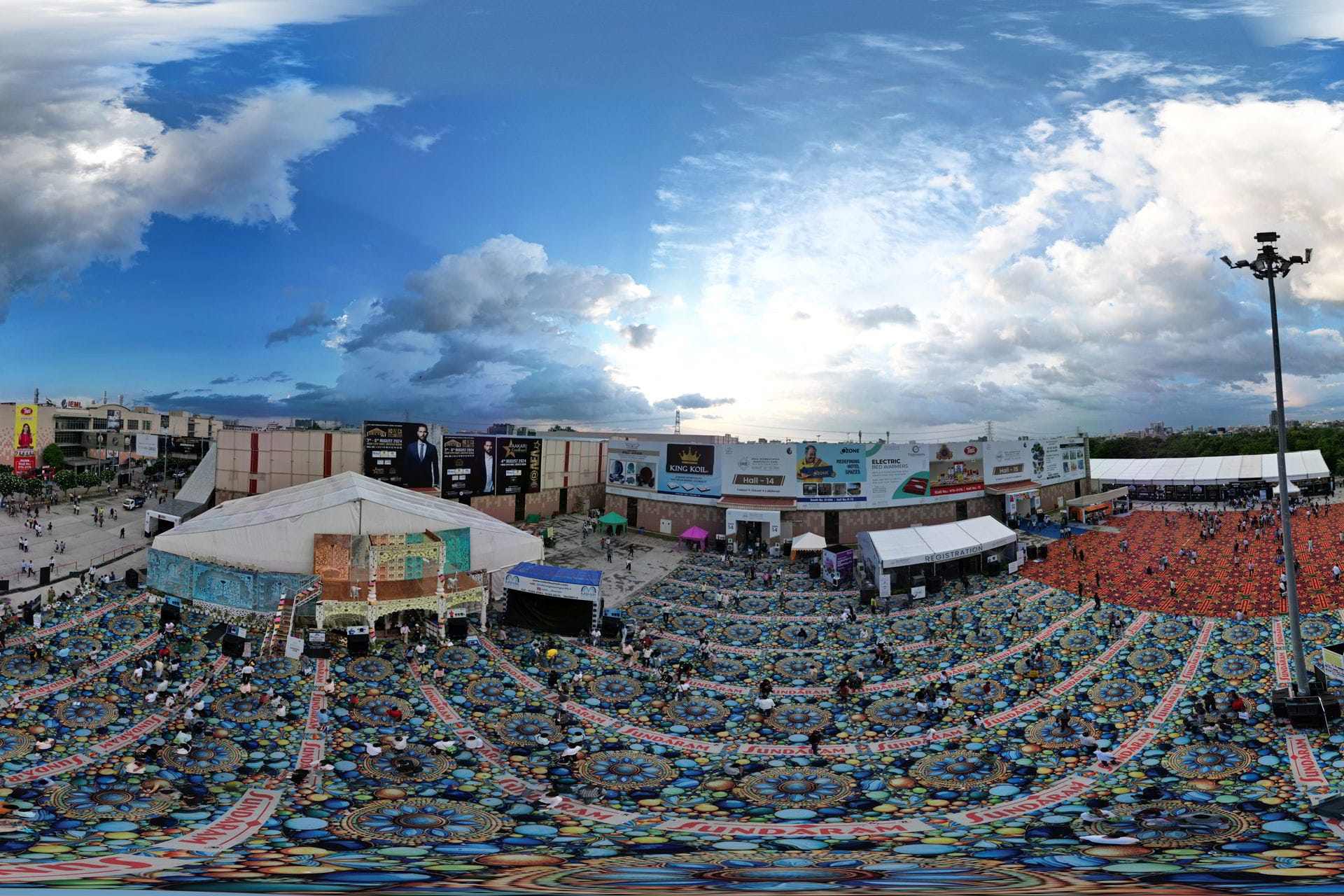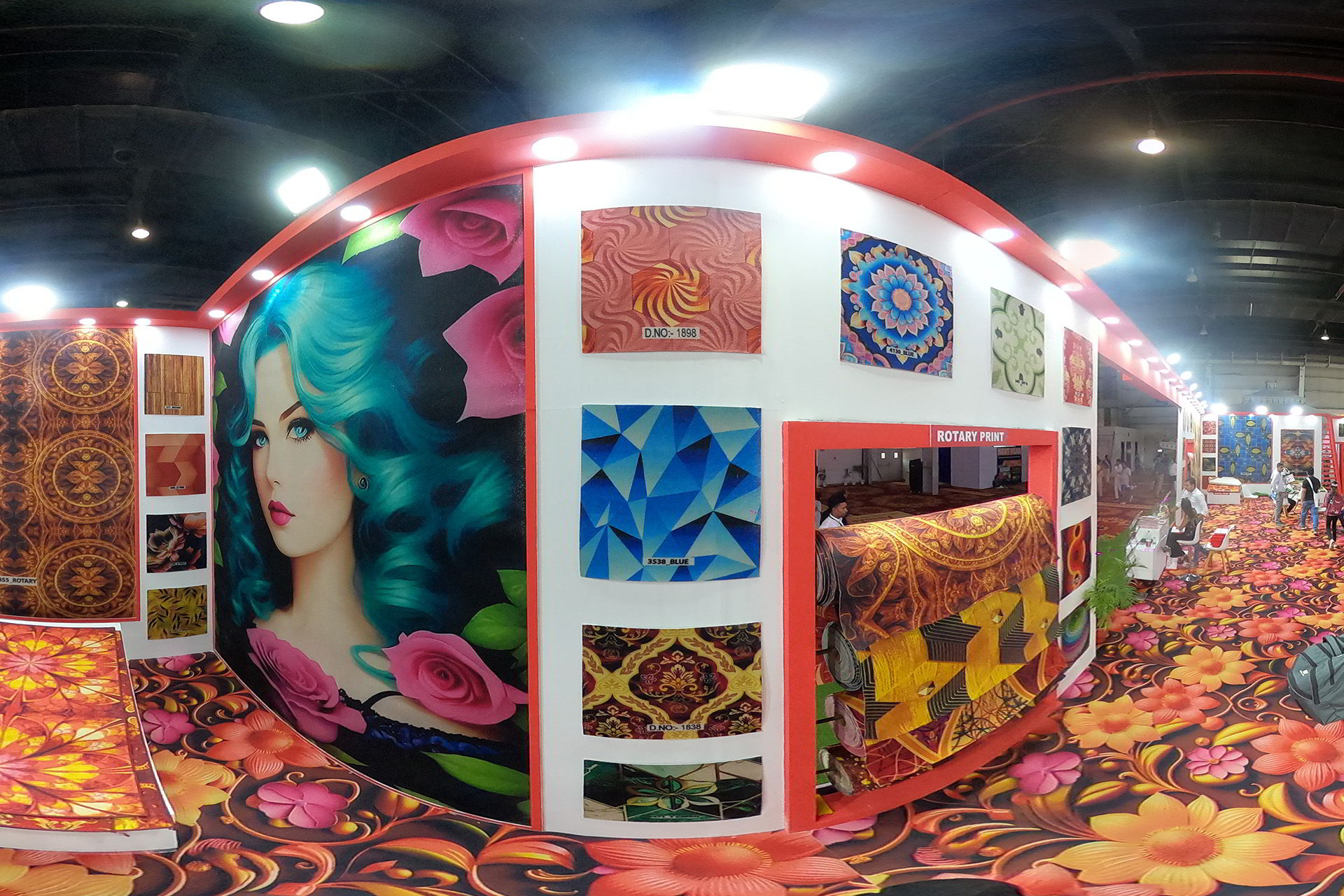Elevating Experiences: Unveiling 20 Transformative Benefits of AR and VR in Tourism
The tourism industry is undergoing a remarkable transformation with the integration of Augmented Reality (AR) and Virtual Reality (VR). These immersive technologies are reshaping the way travelers explore destinations, plan their trips, and engage with cultural experiences. In this blog, we'll explore 20 significant benefits that AR and VR bring to the forefront of the tourism sector.
- Virtual Destination Exploration:
AR and VR allow travelers to virtually explore destinations, providing a preview of landmarks, attractions, and cultural sites before embarking on their journeys. - Immersive Travel Planning:
VR assists travelers in planning their trips by offering immersive experiences, from virtual hotel tours to exploring local points of interest. - Language and Cultural Learning:
AR applications enhance language learning and cultural understanding by providing real-time translations and historical information about landmarks. - Virtual Travel Agencies:
VR creates virtual travel agencies, enabling users to consult with travel experts, plan itineraries, and make informed decisions without leaving their homes. - Historic Time Travel:
AR overlays historical information onto real-world locations, offering a time-traveling experience for tourists exploring historical sites. - Interactive Museum Experiences:
VR transforms museum visits by offering interactive exhibits, 3D reconstructions, and immersive storytelling, enhancing the educational aspect of tourism. - AR Navigation Assistance:
AR navigation apps guide tourists with real-time information about nearby attractions, restaurants, and points of interest. - Virtual Tour Guides:
VR provides virtual tour guides, offering narrated tours and insights into the history and significance of various tourist spots. - Pre-Travel Experiences:
AR and VR offer pre-travel experiences, allowing users to virtually experience destinations and make more informed decisions before booking their trips. - AR-Enhanced Culinary Exploration:
AR applications enhance culinary experiences by providing information about local dishes, recipes, and dining recommendations. - Destination Marketing:
VR enables destination marketing by creating immersive promotional content, enticing potential travelers with a virtual taste of what a location has to offer. - Virtual Events and Festivals:
AR and VR allow users to virtually attend events and festivals, fostering a sense of participation and celebration from anywhere in the world. - Personalized Travel Experiences:
AR and VR applications offer personalized travel recommendations based on user preferences and interests, creating tailored itineraries. - AR-Enhanced Hiking and Nature Exploration:
AR apps provide information about flora, fauna, and trail details during hiking and nature excursions, enhancing the outdoor experience. - Accessibility for All:
VR makes travel accessible to individuals with mobility challenges, allowing them to virtually explore and experience destinations. - 360-Degree Virtual Tours:
VR enables the creation of 360-degree virtual tours, allowing users to explore accommodations, attractions, and landscapes before their trips. - AR-Enhanced Shopping Experiences:
AR applications offer virtual try-ons and product information, enhancing the shopping experience for travelers looking for souvenirs. - Virtual Beach Retreats:
VR creates virtual beach retreats, allowing users to relax and unwind in a virtual paradise, providing a mental escape. - AR-Enhanced City Guides:
AR city guides provide users with real-time information about urban environments, historical facts, and local hotspots. - Sustainable Tourism Education:
VR educates travelers about sustainable tourism practices, promoting responsible travel and environmental conservation.
Conclusion
As we navigate the future of tourism, the infusion of Augmented Reality and Virtual Reality is undeniably reshaping the way we explore and experience the world. The 20 benefits outlined here underscore the transformative power of AR and VR in providing travelers with more immersive, informative, and personalized journeys.
From virtual destination exploration to sustainable tourism education, these technologies are not just enhancing tourism; they are redefining the very essence of how we connect with the diverse wonders our world has to offer. As we continue to embrace the possibilities of AR and VR in tourism, we step into a future where every adventure begins with a virtual journey, enriching our understanding and appreciation of the global tapestry of cultures and landscapes.


